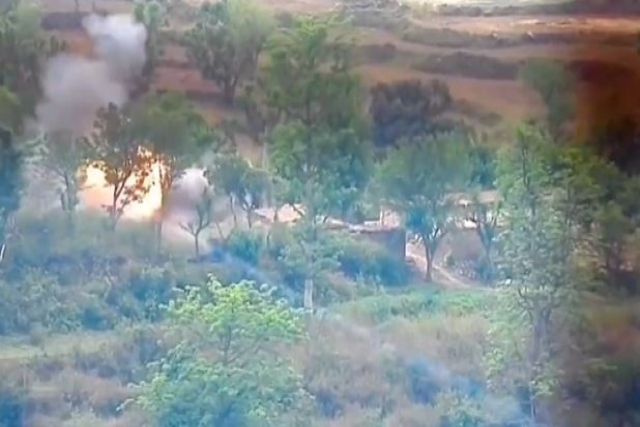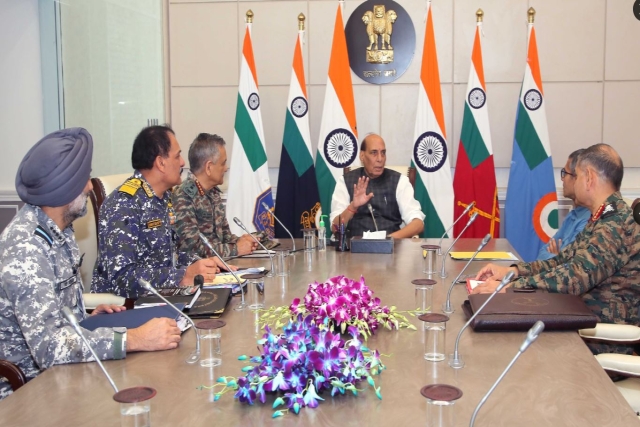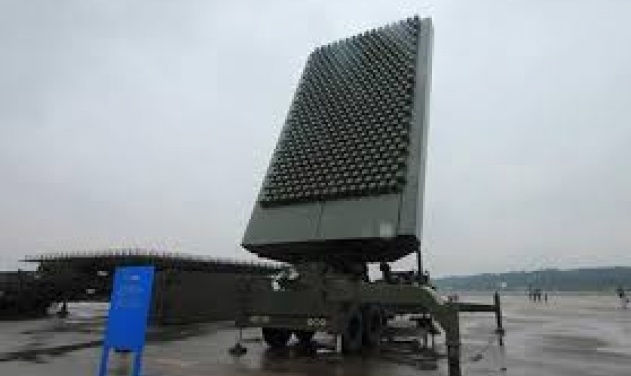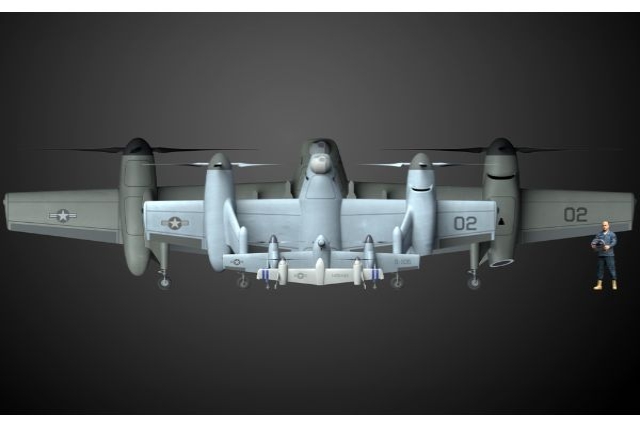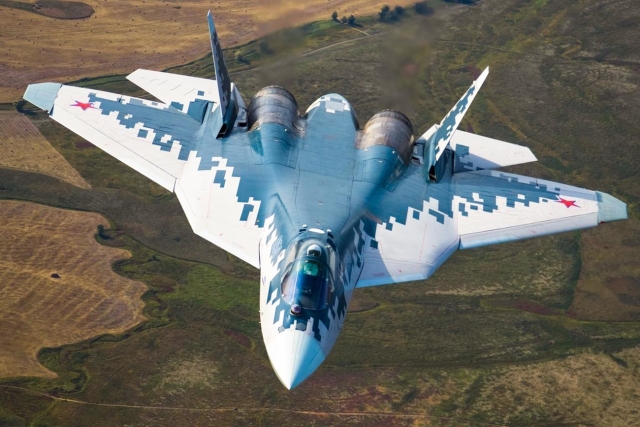India, Pakistan Agree To Immediate Ceasefire After U.S.-Brokered Talks
Donald Trump, Marco Rubio confirm deal as G7 calls for restraint following deadly cross-border attacks
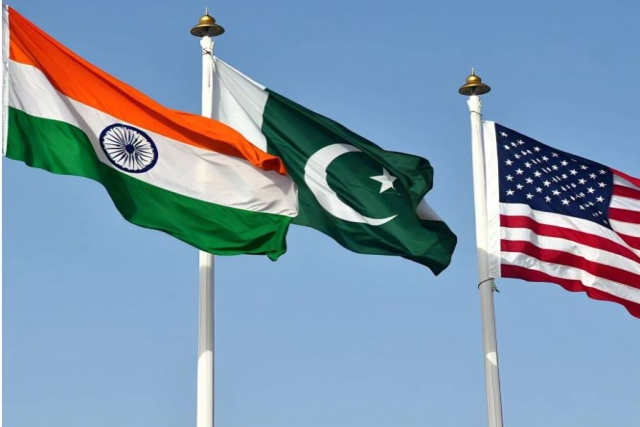
After days of escalating military conflict, India and Pakistan have agreed to a full and immediate ceasefire following overnight talks mediated by the United States.
“I am pleased to announce that India and Pakistan have agreed to a full and immediate ceasefire,” U.S. President Donald Trump said in a post on X. “Congratulations to both countries on using common sense and great intelligence.”
U.S. Secretary of State Marco Rubio confirmed the breakthrough, adding, “Vice President Vance and I engaged with senior Indian and Pakistani officials, including Prime Ministers Narendra Modi and Shehbaz Sharif, External Affairs Minister Subrahmanyam Jaishankar, Chief of Army Staff Asim Munir, and National Security Advisors Ajit Doval and Asim Malik. The Governments of India and Pakistan have agreed to an immediate ceasefire and to start talks at a neutral site. We commend Prime Ministers Modi and Sharif for their wisdom and statesmanship.”
Minister Jaishankar said that India and Pakistan had today worked out an understanding on the stoppage of firing and military action. He added that India has consistently maintained a firm and uncompromising stance against terrorism in all its forms and manifestations and will continue to do so.
India's Foreign Secretary Vikram Misri said that Pakistan’s Directors General of Military Operations (DGMO) called the Indian DGMO at 15:35 hours on Saturday afternoon. He stated that it was agreed between them that both sides would stop all firing and military action on land, in the air, and at sea with effect from 1700 hours Indian Standard Time. He added that instructions had been given on both sides to implement this understanding and that the Directors General of Military Operations would talk again on the 12th of May at 1200 hours.
The ceasefire follows one of the most intense India-Pakistan military escalations in decades, marked by cross-border missile, drone, and fighter jet attacks.
On Saturday, Pakistan launched a long-range missile strike on an Indian airbase in Punjab under its Operation Bunyan Ul Marsoos. Indian officials said the attack hit military sites and nearby civilian infrastructure, including schools and medical facilities. Colonel Sophia Qureshi said, “The Pakistan Army escalated aggression along the western front, targeting Indian military structures. At 0140 hours, a missile struck an air base in Punjab, while medical facilities and schools in Srinagar, Awantipora, and Udhampur were also targeted.”
Pakistan said these attacks were in response to earlier Indian missile strikes on Nur Khan airbase near Rawalpindi, Murid airbase in Chakwal, and Rafiqui airbase in Punjab. Pakistani officials claimed key Indian bases were “destroyed,” while India said most projectiles were intercepted and denied major damage.
Indian defense officials reported at least five casualties following Pakistan’s strikes. India rejected Pakistan’s claims of destroying Indian military facilities, calling them “false propaganda.” Indian statements also condemned the targeting of civilian infrastructure.
India’s defense ministry said, “Pakistan launched multi-vector attacks using drones, artillery, and missiles on over 26 locations from Srinagar to Nalia. Indian Air Force bases at Udhampur, Pathankot, Adampur, and Bhuj sustained limited damage. In response, India carried out precision strikes on military targets in Rafiqi, Chaklala, and Rahim Yar Khan.”
The latest round of escalation was triggered by the April 22 attack on tourists in Pahalgam, Indian-administered Kashmir, where 26 civilians were killed. India blamed Pakistan-backed groups, while Pakistan called for an independent investigation. India retaliated on May 7 with Operation Sindoor, claiming to have eliminated over 100 militants. Pakistan denied these claims and reported civilian casualties.
The G7 foreign ministers issued a joint statement calling for restraint. “We strongly condemn the egregious terrorist attack in Pahalgam on April 22 and urge maximum restraint from both India and Pakistan….. Further military escalation poses a serious threat to regional stability. We are deeply concerned for the safety of civilians on both sides and encourage direct dialogue,” the statement said.
